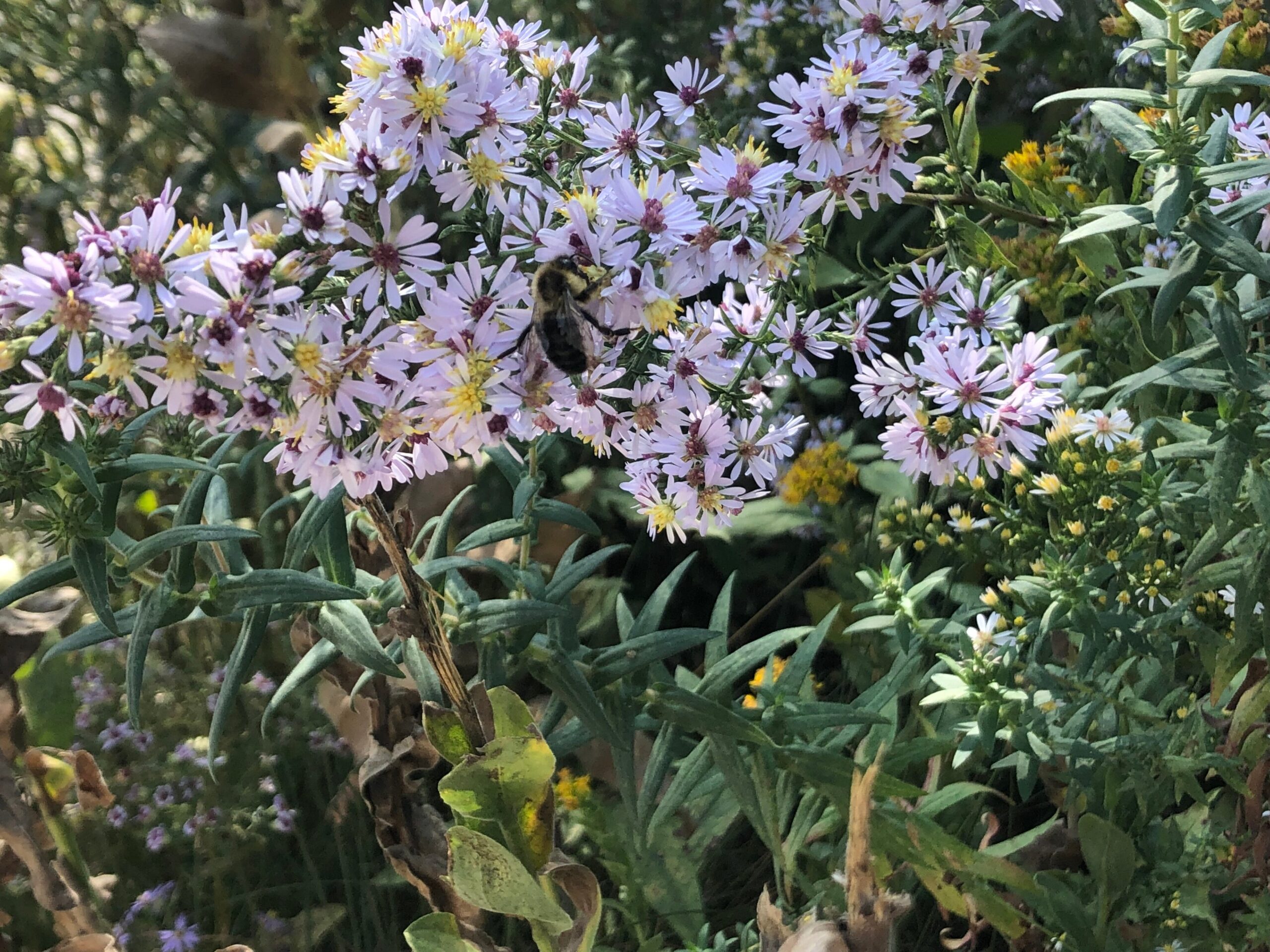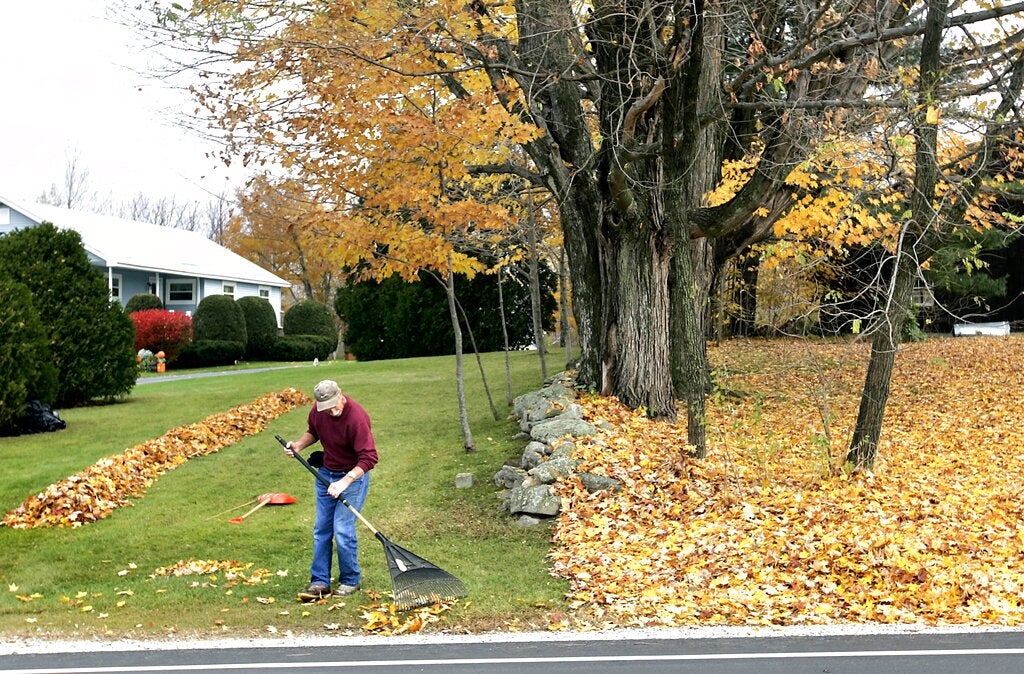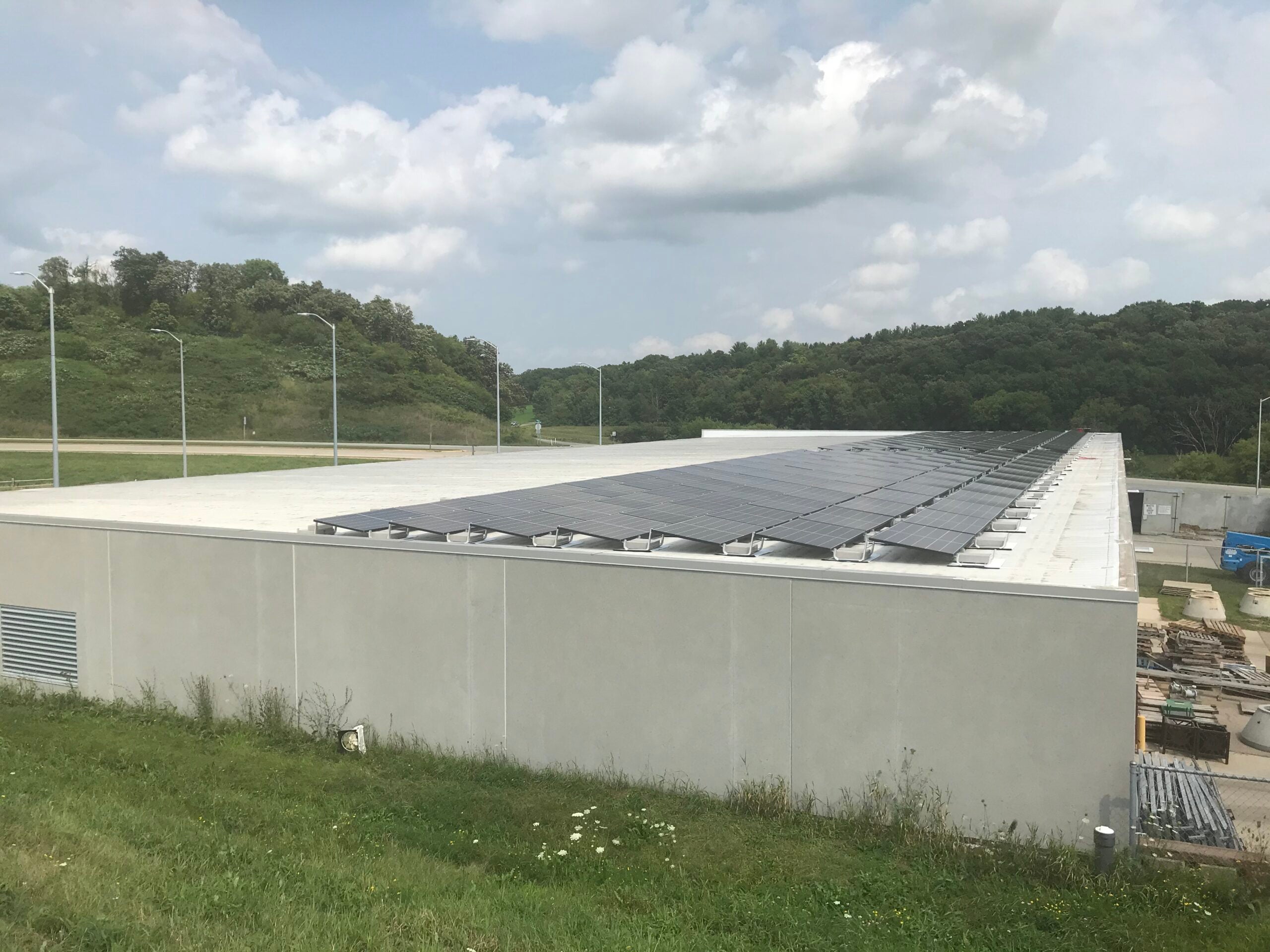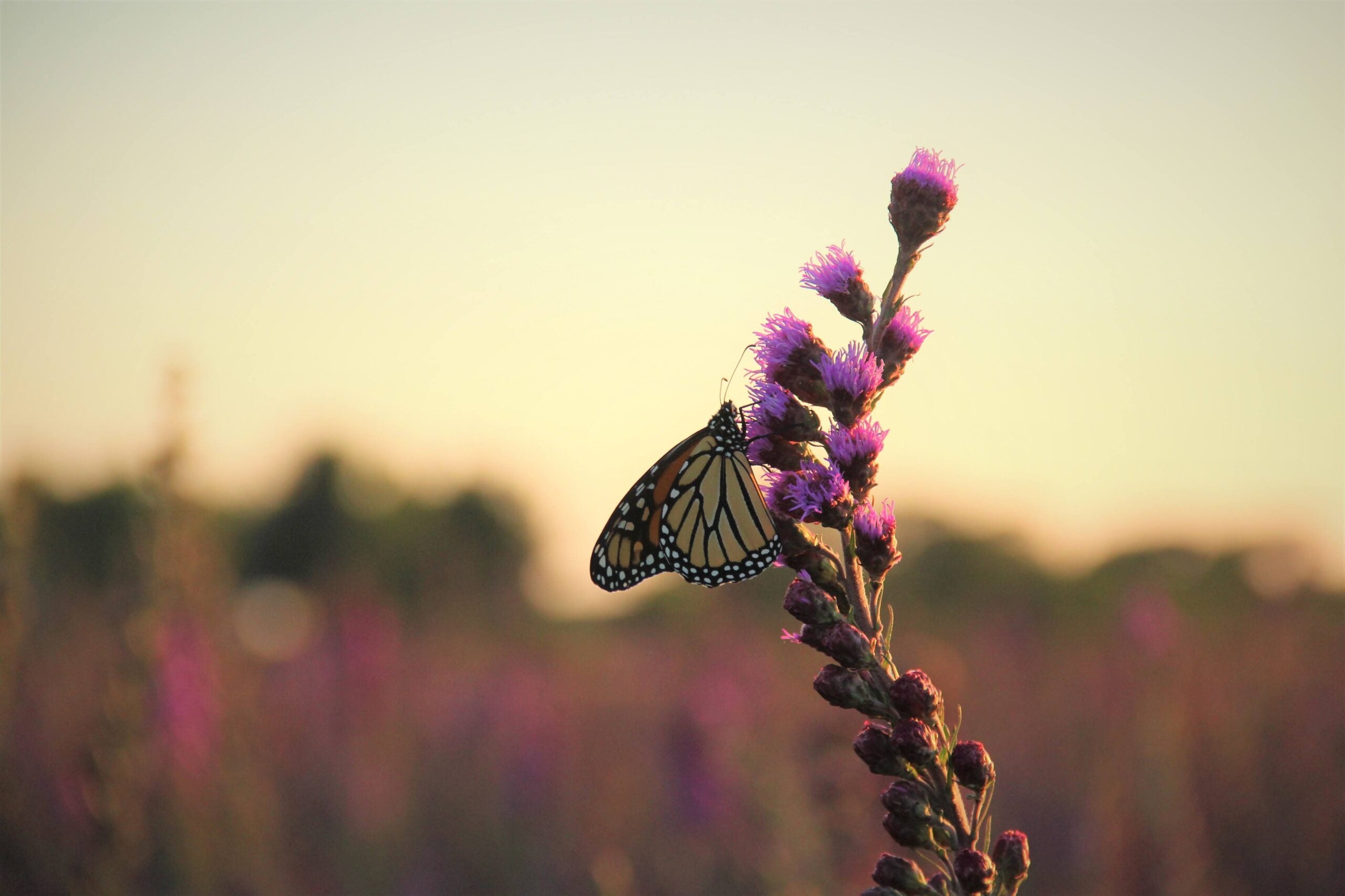The Wisconsin city credited with bringing “No-Mow May” to the U.S. as a boost to pollinators and biodiversity has changed its guidance on lawn-mowing practices.
Four years ago, Appleton enacted No-Mow May as an environmental campaign that encouraged people to avoid mowing their lawns that month.
In July, however, Appleton’s city council voted to pivot and reinstate height restrictions for grass year-round. Now, grass and weeds are limited to 8 inches on developed lots and to 12 inches on undeveloped lots.
News with a little more humanity
WPR’s “Wisconsin Today” newsletter keeps you connected to the state you love without feeling overwhelmed. No paywall. No agenda. No corporate filter.
Council President Katie Van Zeeland said they made the switch for aesthetic reasons. Some lawns looked like “full-grown prairies,” she said. But she also said science supported the move.
“It is not really the long grass that is helping the pollinators,” she recently said on WPR’s “Wisconsin Today.” “And it is actually not great for the turf.”
Lawns that consist solely of turfgrass provide little-to-no resources for pollinators, according to the University of Wisconsin-Madison extension division of horticulture. Also, letting lawns grow for the month of May and then mowing more than one third of the height is stressful to the turfgrass.
To help biodiversity, the key is having lawns with low-growing and native-flowering plants that can provide nectar and pollen to a wide range of pollinators, said Brad Garrity, the site manager for the 1,000 Islands Environmental Center in Kaukauna.

The City of Kaukauna had the No-Mow May policy for two years before ending it last March. This is the city’s second season with a Slow-Mow Summer approach, something Appleton is promoting, as well.
“We are now supporting pollinators all growing season long from March to November,” Garrity said.
The new campaign includes monthly suggestions for yard work.
For instance, in July people should mow their laws in the evening when pollinator activity is low. This reduces the disturbance of the habitat, according to the campaign. And in August, people should supply a safe water source for pollinators, such as dishes of sand with water.
Garrity added that this policy benefits the likes of bees, butterflies, small mammals and the often forgotten but extremely efficient pollinators: moths.
Wisconsin Public Radio, © Copyright 2025, Board of Regents of the University of Wisconsin System and Wisconsin Educational Communications Board.






